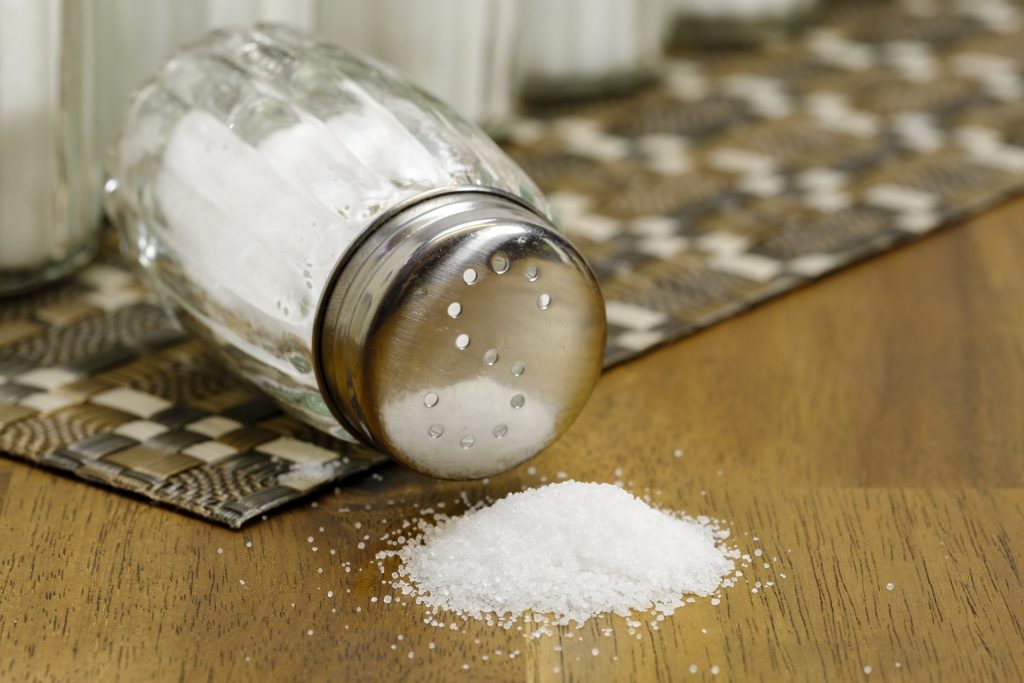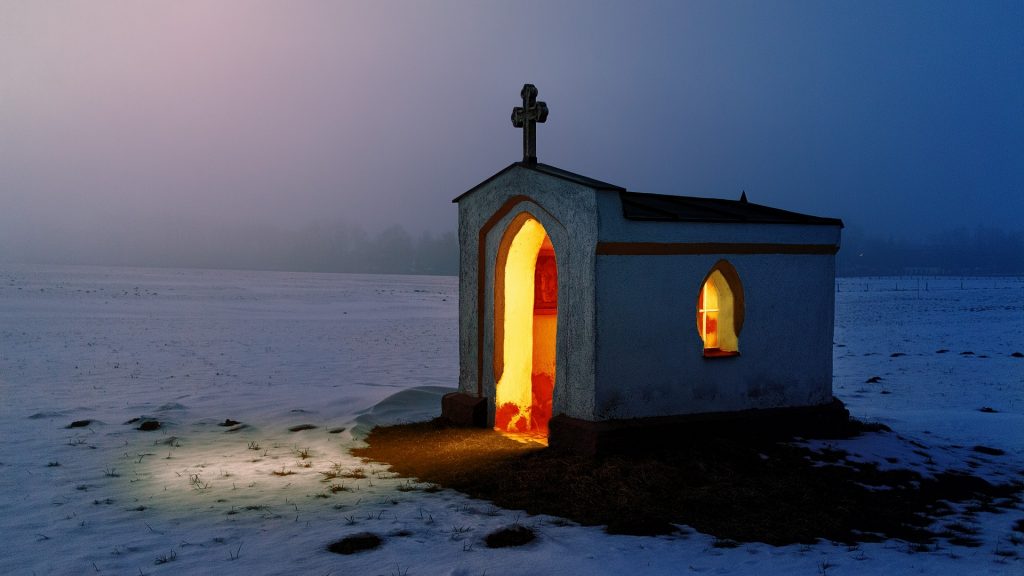How Does Salt and Light Have Anything to do With Rules and Law?
Initially salt and light don’t appear to have any connection with rules and law.
For that matter, what do salt and light have to do with each other?
Most of us are familiar with the use of salt and light in Scripture. In Matthew 5:13-16, we are told that, “We are the salt of the earth.” And “…the light of the world.”

The Scripture goes on to say this about salt, “But if salt loses its saltiness, how will it become salty again? It’s good for nothing except to be thrown away and trampled under people’s feet.”
Then in verse 15-16, “Neither do people light a lamp and put it under a basket. Instead, they put it on top of a lampstand, and it shines on all who are in the house. In the same way, let your light shine before people, so they can see the good things you do and praise your Father who is in heaven.”

Both salt and light make things better.
Salt makes food taste better. It also helps preserve it and makes it last longer. Light helps us to find our way in the darkness. Like a light house, it shows us what direction to go when encountering a storm.
Directly following in verses 17-20, Jesus tells us, “Don’t even begin to think that I have come to do away with the Law and the Prophets. I haven’t come to do away with them but to fulfill them. I say to you very seriously that as long as heaven and earth exist, neither the smallest letter nor even the smallest stroke of a pen will be erased from the Law until everything there becomes a reality. Therefore, whoever ignores one of the least of these commands and teaches others to do the same will be called the lowest in the kingdom of heaven.” And “…will never enter the kingdom of heaven.
Laws and rules in society, for the most part, make things better and safer. Things like speed limits in city limits are a good idea. At the same time, we need to be aware that as humans when we make rules…they may come with unintended consequences.
A good example of this is India’s cobra law.
In colonial India, Delhi suffered a proliferation of cobras, which was a problem very clearly in need of a solution given the sorts of things that cobras bring, like death. To cut the number of cobras slithering through the city, the local government placed a bounty on them. This seemed like a perfectly reasonable solution. The bounty was generous enough that many people took up cobra hunting, which…

Led exactly to the desired outcome: The cobra population decreased.
And that’s where things get interesting.
As the cobra population fell and it became harder to find cobras in the wild, people became rather entrepreneurial. They started raising cobras in their homes, which they would then kill to collect the bounty as before. This led to a new problem: Local authorities realized that there were very few cobras evident in the city, but they nonetheless were still paying the bounty to the same degree as before.
City officials did a reasonable thing: They canceled the bounty. In response, the people raising cobras in their homes also did a reasonable thing: They released all their now-valueless cobras back into the streets. Who wants a house full of cobras?
In the end, Delhi had a bigger cobra problem after the bounty ended than it had before it began.
The unintended consequence of the cobra eradication plan was an increase in the number of cobras in the streets. This case has become the exemplar of when an attempt to solve a problem ends up exacerbating the very problem that rule-makers intended to fix.
We can be grateful that God’s rules won’t come with these kinds of unintended consequences.
We are told to follow God’s rules; there will be consequences if we don’t. We are called to be salt and light in the world. These things are all part of God’s plans for us and the world.
Now follow God’s rules, share your light and do your part to make the world a little better.


